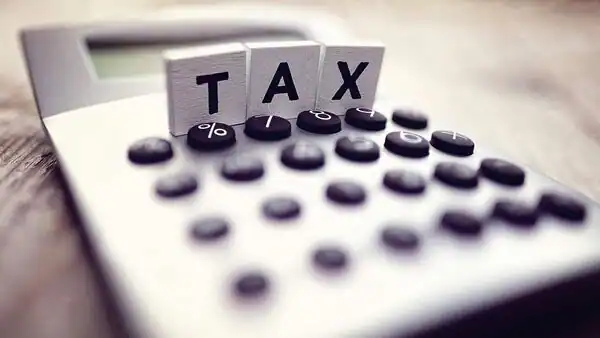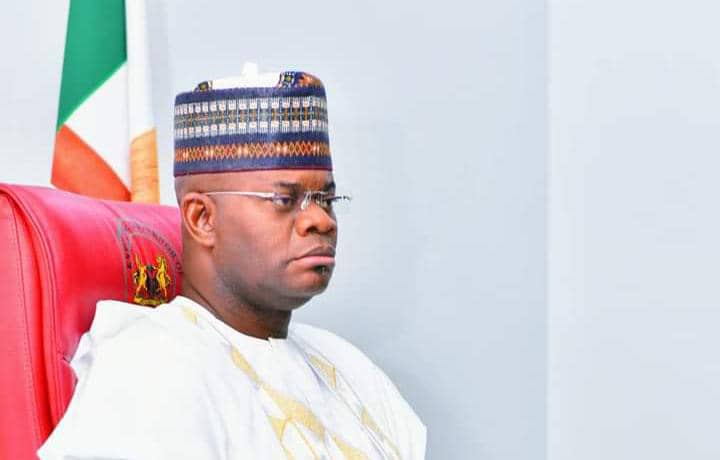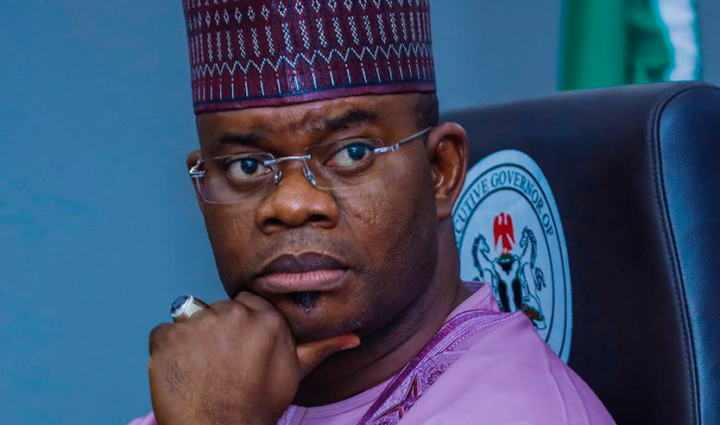The International Monetary Fund (IMF) says Nigeria recorded a tax revenue to gross domestic product (GDP) ratio of 9.4 percent in 2023.
This is a decline from the 10.86 percent reported by the National Bureau of Statistics (NBS) for 2021.
Axel Schimmelpfennig, the IMF mission chief for Nigeria, disclosed this at a virtual press briefing on the release of Nigeria’s 2024 Article IV Consultation staff report.
Schimmelpfennig said the ratio is one of the lowest in the world as well as the African region.
Advertisement
“In 2023, Nigeria collected 9.4 percent of GDP in revenues. That’s one of the lowest ratios that you see in the world and also on the continent,” he said
“What it means really is that the government has too few resources for social and development spending on health, on education, on infrastructure, etc.
“There is also important needs to build out, develop and then start implementing a revenue mobilisation agenda.
Advertisement
“Let me maybe stop here and just wrap up by saying that we see that the Nigerian authorities have achieved a lot over the last year since taking office. We recognise that needed reforms are not easy.
“They often hit those that are already struggling the hardest and that is why we’re placing that big emphasis on scaling up social transfer system to have something that will provide support.”
In the report, the IMF said fiscal policy is held back by one of the “lowest revenue takes in the world of 9.4 percent of GDP in 2023”.
The Bretton Wood institution said Nigeria’s fiscal policy needs to support vulnerable households, create space to boost social and development spending, and maintain debt sustainability.
Advertisement
“As the government finalizes and presents its reform agenda, sequencing will be key to ensure safety nets are in place or strengthened before proceeding with other measures that could adversely impact poor and vulnerable households,” the lender said.
Welcoming the authorities’ revenue mobilisation strategy “under Preparation”, IMF said Nigeria’s medium-term economic framework (MTEF) outlines reforms to improve domestic revenue mobilisation and diversify the economy.
“A Presidential Committee on Fiscal Policy and Tax Reforms is developing a comprehensive revenue mobilization strategy which aims to simplify the tax structure and revamp key tax legislation for which the Fund stands ready to provide CD or desk reviews,” the multilateral said.
“Staff notes that achieving fast and large revenue gains as envisaged by the authorities will require determination and political capital.”
Advertisement
On April 19, Wale Edun, finance minister and coordinating minister of the economy, said Nigeria’s tax-to-GDP ratio is low because citizens do not pay their taxes.
Advertisement







